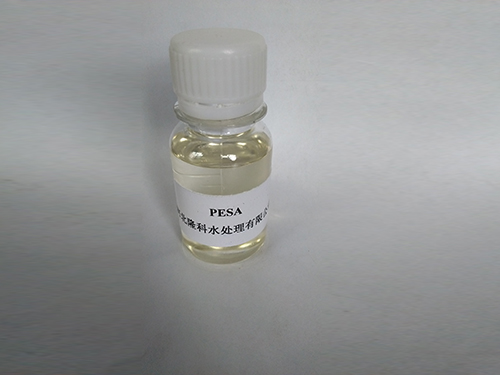Zinc HEDP Application and Benefits in Water Treatment Processes
Understanding Zn-HEDP A Comprehensive Overview
In the realm of chemical compounds and their applications, Zn-HEDP, or Zinc Hydroxyethylidene Diphosphonate, has garnered considerable attention due to its multifaceted roles in various industries. This article delves into the structure, properties, applications, and significance of Zn-HEDP, emphasizing its importance in modern applications.
The Chemistry of Zn-HEDP
Zn-HEDP is a zinc salt of hydroxyethylidene diphosphonic acid (HEDP). The chemical structure features a central carbon atom bonded to a hydroxyethyl group and two diphosphonic acid moieties. The presence of zinc in this compound enhances its properties, making it a preferred choice in applications like water treatment and as an additive in various formulations.
The synthesis of Zn-HEDP typically involves reacting HEDP with a zinc salt. The end product is a white crystalline powder that is soluble in water. This solubility is crucial as it facilitates the compound's application in aqueous environments, especially in biological and industrial processes.
Properties of Zn-HEDP
Zn-HEDP possesses several valuable properties, which include
1. Chelating Ability Zn-HEDP can effectively chelate metal ions, preventing them from precipitating out of solution. This characteristic is particularly useful in water treatment applications where controlling metal ion concentrations is necessary.
2. Stability The compound exhibits good thermal and chemical stability, allowing it to function effectively in a variety of environments without degradation.
"zn hedp 锌hedp'"

3. Biocompatibility The presence of zinc and the structure of HEDP render Zn-HEDP relatively non-toxic, making it suitable for use in biomedical applications.
Applications of Zn-HEDP
1. Water Treatment One of the primary applications of Zn-HEDP is in water treatment processes. It acts as a scale inhibitor and corrosion inhibitor in cooling waters and boiler systems. By chelating calcium and magnesium ions, Zn-HEDP prevents the formation of scale, ensuring the efficient operation of equipment.
2. Agriculture In agricultural practices, Zn-HEDP is used as a micronutrient fertilizer, providing an essential source of zinc for plants. Zinc is a crucial element for plant growth and development, playing roles in enzyme function and protein synthesis. Zn-HEDP ensures that plants receive an adequate supply of zinc in an easily assimilable form.
3. Biomedical Applications The biocompatibility of Zn-HEDP has opened avenues for its use in biomedicine. Research indicates potential applications in drug delivery systems and as a contrast agent for imaging in medical diagnostics.
4. Cosmetics and Personal Care Products Zn-HEDP is also utilized in the formulation of cosmetics and personal care products due to its ability to bind to metals and improve the stability of formulations. It is often found in skin care products, where it can provide protective benefits.
Conclusion
Zn-HEDP exemplifies the intersection of chemistry and practical application. As a compound, it showcases the importance of understanding chemical interactions and their implications in various fields. With its chelating properties, stability, and biocompatibility, Zn-HEDP continues to find relevance across multiple industries, ranging from water treatment to agriculture, biomedicine, and beyond.
As research progresses, the versatility of Zn-HEDP may uncover even broader applications, further solidifying its role as a vital compound in both industrial and scientific domains. Understanding and harnessing the properties of Zn-HEDP opens doors to innovations that can enhance efficiency, sustainability, and health in various sectors. Thus, the significance of this compound should not be underestimated as we advance into an age where chemical applications play an increasingly critical role in our daily lives.
-
lk-319-special-scale-and-corrosion-inhibitor-for-steel-plants-advanced-solutions-for-industrial-water-systemsNewsAug.22,2025
-
flocculant-water-treatment-essential-chemical-solutions-for-purification-processesNewsAug.22,2025
-
isothiazolinones-versatile-microbial-control-agents-for-industrial-and-consumer-applicationsNewsAug.22,2025
-
scale-inhibitor-key-solutions-for-water-system-scale-preventionNewsAug.22,2025
-
organophosphonates-versatile-scale-inhibitors-for-industrial-water-systemsNewsAug.22,2025
-
scale-and-corrosion-inhibitor-essential-chemical-solutions-for-water-system-maintenanceNewsAug.22,2025





